Charitable Remainder Trust Law
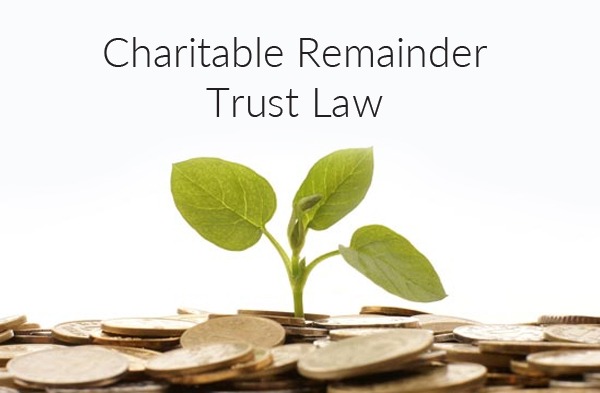 A charitable remainder trust has all the characteristics of any normal trust fund or deed. A trust is an agreement or contract wherein one party or a number of parties called the trustees agrees to take care of or protect a certain property or sum of money known as trust fund or property for the benefit and on behalf of a certain person or group of people called the beneficiaries. A trust deed is a written contract or agreement entered into by and between the trustees and the beneficiaries that outline all the rights, duties and obligations of the trust.
A charitable remainder trust has all the characteristics of any normal trust fund or deed. A trust is an agreement or contract wherein one party or a number of parties called the trustees agrees to take care of or protect a certain property or sum of money known as trust fund or property for the benefit and on behalf of a certain person or group of people called the beneficiaries. A trust deed is a written contract or agreement entered into by and between the trustees and the beneficiaries that outline all the rights, duties and obligations of the trust.
What is a charitable remainder trust?
A charitable remainder trust is similar to a trust for charitable purposes however it is an irrevocable trust that is exempt from tax. The money from the trust is first used to pay off any beneficiaries and the remaining money or ‘remainder’ is donated to a charitable organization. This trust has been designed to reduce the taxable income of an individual while filing his tax return and reduce his tax liability that he will be required to pay to the government every year. The individual’s income is first reduced by distributing the money from the trust to the beneficiaries of the trust over a particular period of time which is exempt from income tax and the remaining money is donated to a charity which is also automatically exempt from income tax liability.
How does a charitable remainder trust work?
The whole idea behind the concept of charitable remainder trust is to reduce the tax liability of the individual and prevent him from paying high taxes on his income. In most countries, a whopping 30-40% of a person’s earnings goes towards income tax payment to the government and the individual is not able to reap the benefits of his own earnings. Hence the charitable remainder trust helps to lower the taxable income of the individual. Once the assets are donated to a trust the primary beneficiaries are paid for a certain period of time and on the expiry of this time frame, the remainder of the trust money or property is donated to a charity who become the secondary beneficiaries. This is also a great way to save up your money for retirement.
Benefits of a charitable remainder trust
Once you transfer an asset into this irrevocable trust it is automatically reduced from the asset side of your balance sheet or is reduced from your total estate value. No estate taxes will have to be paid and deductions from income tax can be availed for the charities made.
A charitable remainder trust helps reduce your income tax liability and estate taxes too. It helps you convert high-value assets like real estate or stocks into a lifelong income that is tax-free. When the asset is sold you do not have to pay any capital gains tax on the sale of the property or asset.
Not only does a charitable remainder trust help you reduce your income tax liability and taxable income but also allows you to give back something to the less fortunate and help the poor. Doing charity invokes a positive feeling and gives someone else a chance at a better life.
Approach lawyer Debra G. Simms, a board certified law attorney who runs her practice at Simms Law Firm located at Prestige Executive Center, 823 Dunlawton Ave. Unit C, Port Orange, FL 32129 for all your law related queries.
To contact Florida attorney Debra G. Simms, P.A. in Port Orange or New Smyrna Beach, FL please call 877.447.4667. Serving areas in and around Volusia County, Daytona, Port Orange, New Smyrna Beach and more.

 If we spare even a fraction of the time we spent on earning all that money and building those assets, we would be able to ensure that it stays in the right hands even when we are not around to look after them. The federal law provides multiple legal options for you to choose form in order to facilitate a judicious planning of your property and assets. We are here to help you understand the various legal rights of a valid US citizen in managing his property and estate while he/she is alive and also post his/her demise.
If we spare even a fraction of the time we spent on earning all that money and building those assets, we would be able to ensure that it stays in the right hands even when we are not around to look after them. The federal law provides multiple legal options for you to choose form in order to facilitate a judicious planning of your property and assets. We are here to help you understand the various legal rights of a valid US citizen in managing his property and estate while he/she is alive and also post his/her demise. If you are residing in Volusia County or New Smyrna Beach or Port Orange or Daytona area or anywhere in the surrounding areas, chances are you are in need of a trust lawyer. There are a number of registered law firms in these areas. You will come across a law firm or an attorney who will be of help to you. Many people require trust lawyers while making an estate plan.
If you are residing in Volusia County or New Smyrna Beach or Port Orange or Daytona area or anywhere in the surrounding areas, chances are you are in need of a trust lawyer. There are a number of registered law firms in these areas. You will come across a law firm or an attorney who will be of help to you. Many people require trust lawyers while making an estate plan.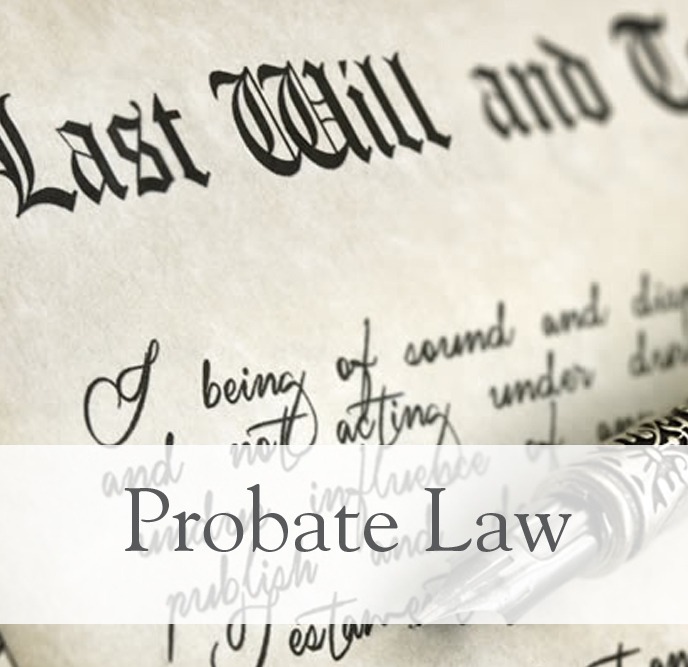 You may be a resident of the Volusia County or of New Smyrna Beach or of Port Orange or of Daytona area or anywhere in the surrounding areas, and are in need of a
You may be a resident of the Volusia County or of New Smyrna Beach or of Port Orange or of Daytona area or anywhere in the surrounding areas, and are in need of a 
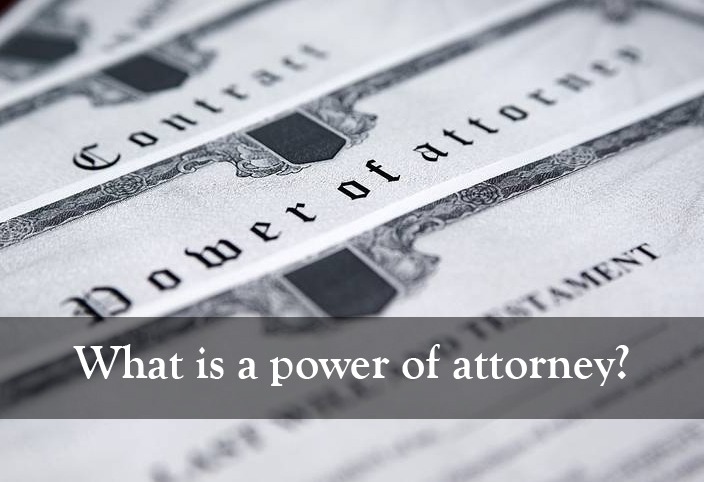 There are several circumstances, wherein an individual is unable to manage his property or finance related matters for a specific length of time, owing to a prolonged overseas trip or a major health condition that renders him physical incapable of doing so. A power of attorney is just the type of legal provision that helps you to delegate the responsibility of your property and finance management in the event of your prolonged absence.
There are several circumstances, wherein an individual is unable to manage his property or finance related matters for a specific length of time, owing to a prolonged overseas trip or a major health condition that renders him physical incapable of doing so. A power of attorney is just the type of legal provision that helps you to delegate the responsibility of your property and finance management in the event of your prolonged absence.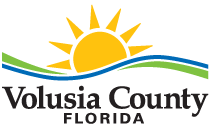 We spend a chunk of our lives slaving away to make a living for our family, and saving most of what we can. With this hard earned money we make investments in real estate, shares and in buying our personal assets. All of these aforementioned assets may be collectible referred to as your estate. For ensuring that your estate is passed on to the rightful beneficiary after your demise, you need to create a will.
We spend a chunk of our lives slaving away to make a living for our family, and saving most of what we can. With this hard earned money we make investments in real estate, shares and in buying our personal assets. All of these aforementioned assets may be collectible referred to as your estate. For ensuring that your estate is passed on to the rightful beneficiary after your demise, you need to create a will.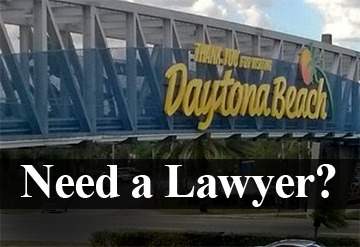 Estate planning is a way of ensuring that your family is taken care of and provided for even after you are gone. Simply put, it is the legal term used for planning what to do with your assets, property and other valuable belongings after your death.
Estate planning is a way of ensuring that your family is taken care of and provided for even after you are gone. Simply put, it is the legal term used for planning what to do with your assets, property and other valuable belongings after your death.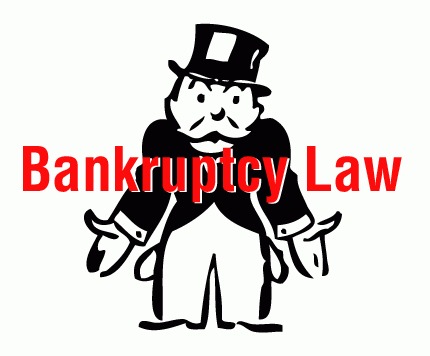
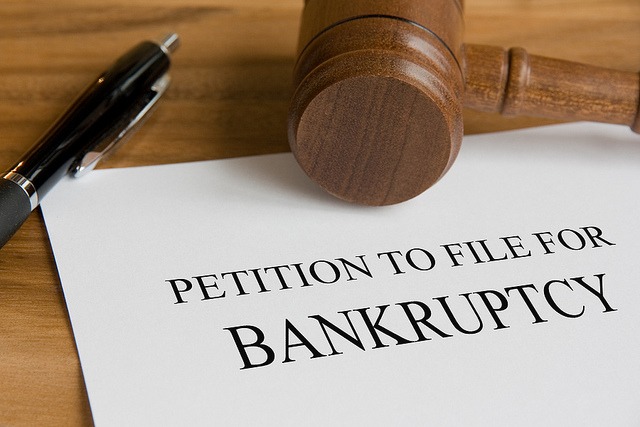 Bankruptcy is a method where an individual or an organization that is neck deep in debt can request to be relieved from paying the debts. Or they can ask for reorganization. But in order to do so they have to file for bankruptcy first. Bankruptcy filing has different steps involved in it.
Bankruptcy is a method where an individual or an organization that is neck deep in debt can request to be relieved from paying the debts. Or they can ask for reorganization. But in order to do so they have to file for bankruptcy first. Bankruptcy filing has different steps involved in it.
